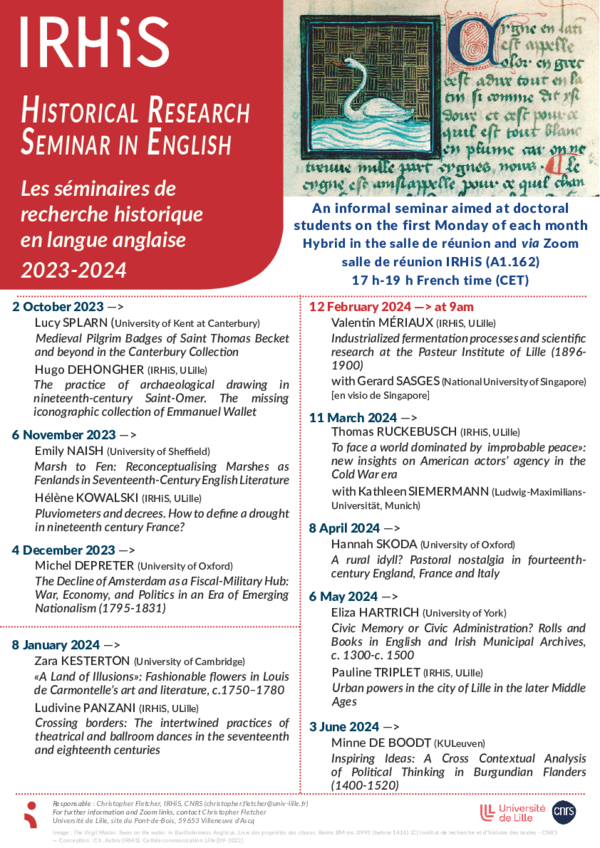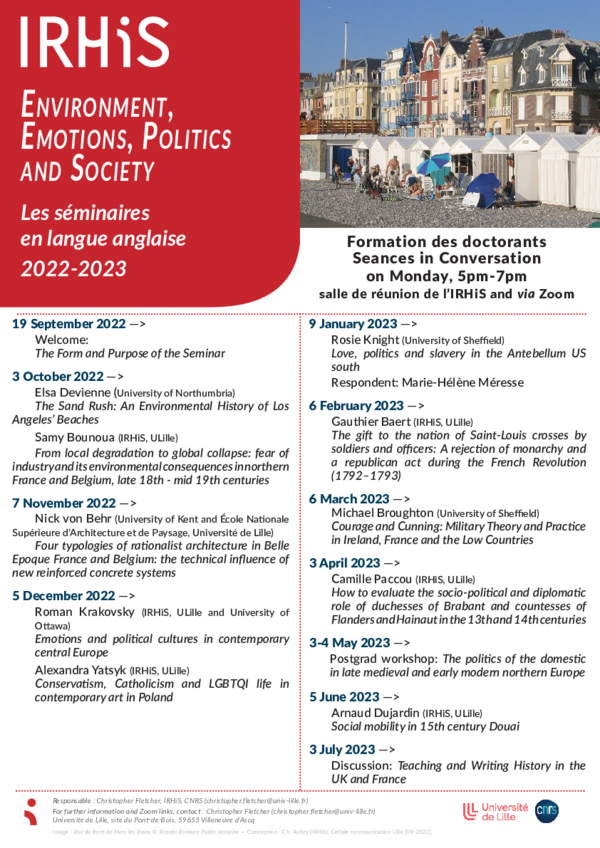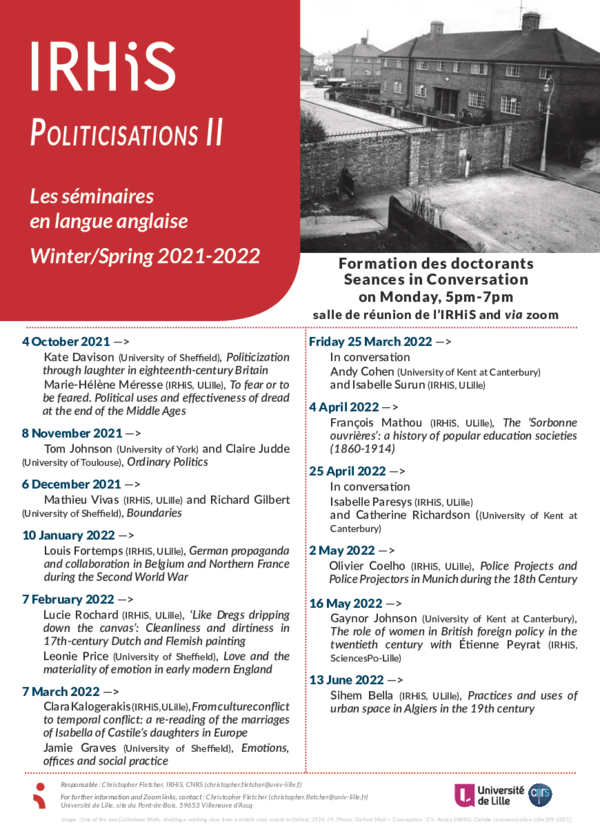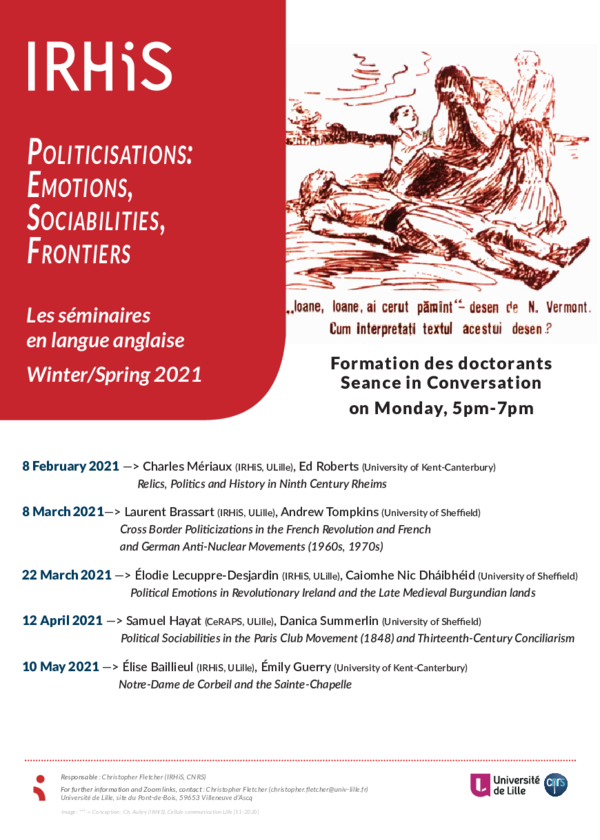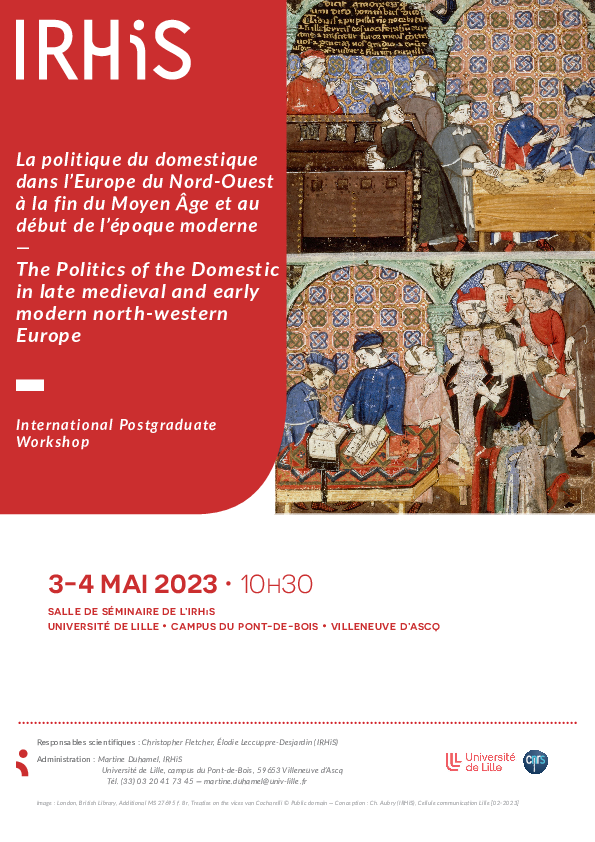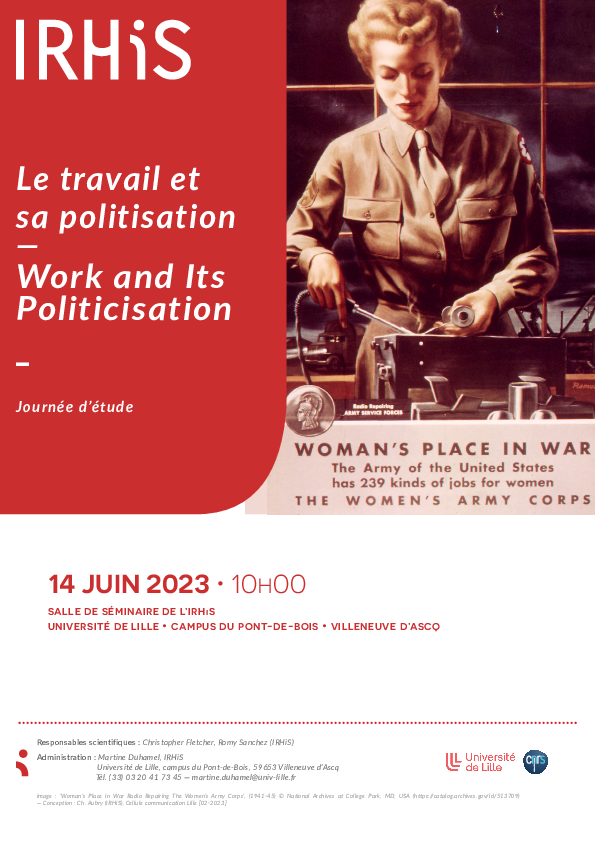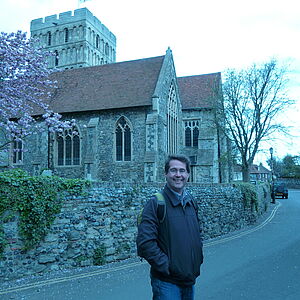
Christopher Fletcher
Présentation
My main research interests are masculinity, political culture, and the interaction between the two.
I specialise in late medieval England, but it is impossible to work well on this period without building links with a broad range of chronological periods and geographical areas.
I completed my doctoral thesis at the university of Oxford in 2003. This was published as Richard II: Manhood, youth and politics, 1377-99 by Oxford University Press in 2008. I was a Junior Research Fellow at Pembroke College, Cambridge University from 2005 to 2008. From 2010 to 2013, I directed a team within a large European Research Council project directed by Jean-Philippe Genet. Since 2013 I have been a tenured CNRS Chargé de recherche (Assistant Research Professor), first at the university of Paris I, and since 2016 at the university of Lille.
My research is currently spreading out on two fronts. On one side, I am developing my long-standing interests in what we call masculinity and in what past actors associated in whole or in part with maleness. Since joining the CNRS, this first took the form of a large collaborative project which appeared as The Palgrave Handbook of Masculinity and Political Culture in Europe, published in 2018. I am now working on a monograph focused on the gendered consequences of fundamental changes in the nature of English political culture in the thirteenth and early fourteenth-century (in a word: the transformation of the political-military-fiscal state and the emergence of a greatly expanded political public). This is preliminarily entitled: Political masculinities in the kingdom of England, c. 1227-c.1340: A Prologue to the Hundred Years War.
On the other hand, I am pursuing different approaches to popular political culture, very broadly defined. Working on a period in which "politics" was not as easily defined as it is today, I am exploring a number of lateral approaches to political culture, since just focusing attitudes to and interactions with the state, for example, is clearly misleading in late medieval Europe. A project focused on Everyday Political Cultures from 2017 to 2019, in collaboration with colleagues specialised in visual and material culture, led to the publication of Everyday Political Objects: From the Middle Ages to the Contemporary World with Routledge in 2021. Since then, this project has taken the form of a series of workshops involving British and French historians and political scientists, both established colleagues and graduate students, culminating in a conference at the Maison française d'Oxford in June 2022, which will be published as Politicizations: Socio-historical approaches. We are now seeking to continue this collaboration through a longer-term French, British and Belgian project What Is Politics? Approaches to Polticization and Political Exclusion from the Social History of Politics and Political Sociology with a series of workshops involving colleagues and doctoral students in a network involving the universities of Lille, Sheffield, Durham, York, Ghent, KU Leuven, Aix-Marseille, Lyon, Paris I and Paris-Cité.
I am currently directeur adjoint of my research unit (IRHiS, UMR 8529) with special responsibility for international relations. I co-convene the second research strand of the unit, Pouvoirs, normes et conflits, with Delphine Bière and Romy Sanchez. I also convene an online doctoral seminar in English, involving Lille PhD students and British and French faculty and graduate students.
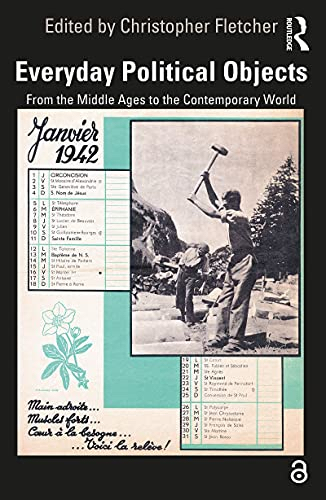
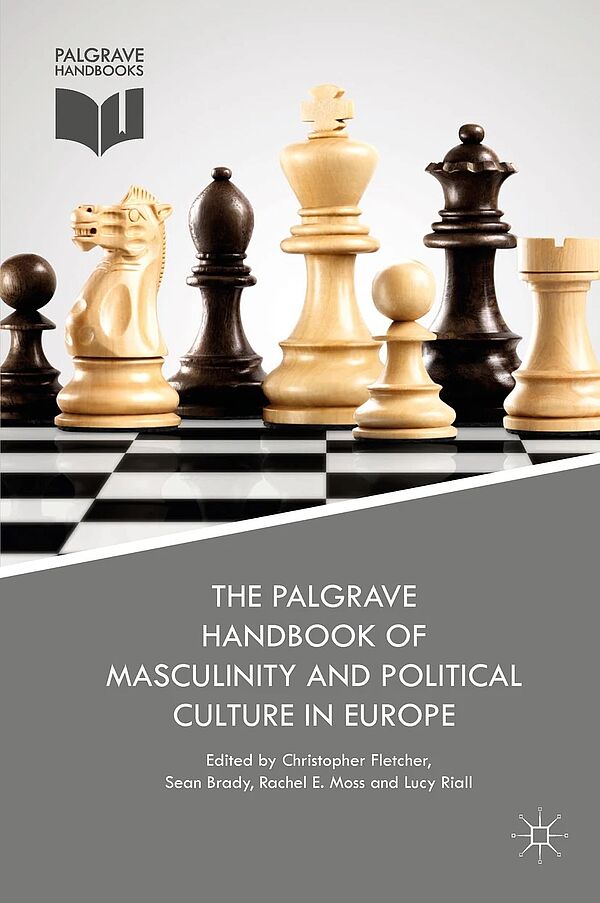
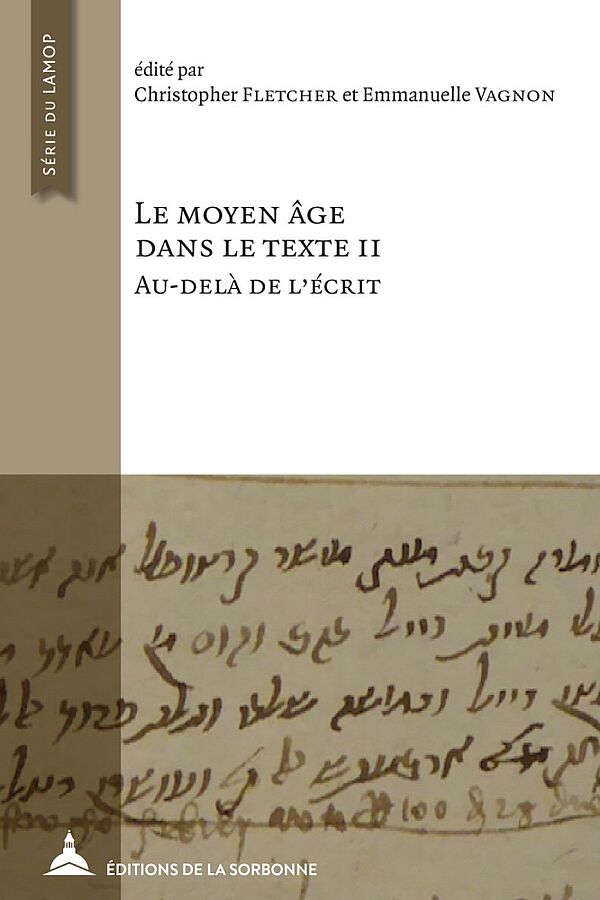
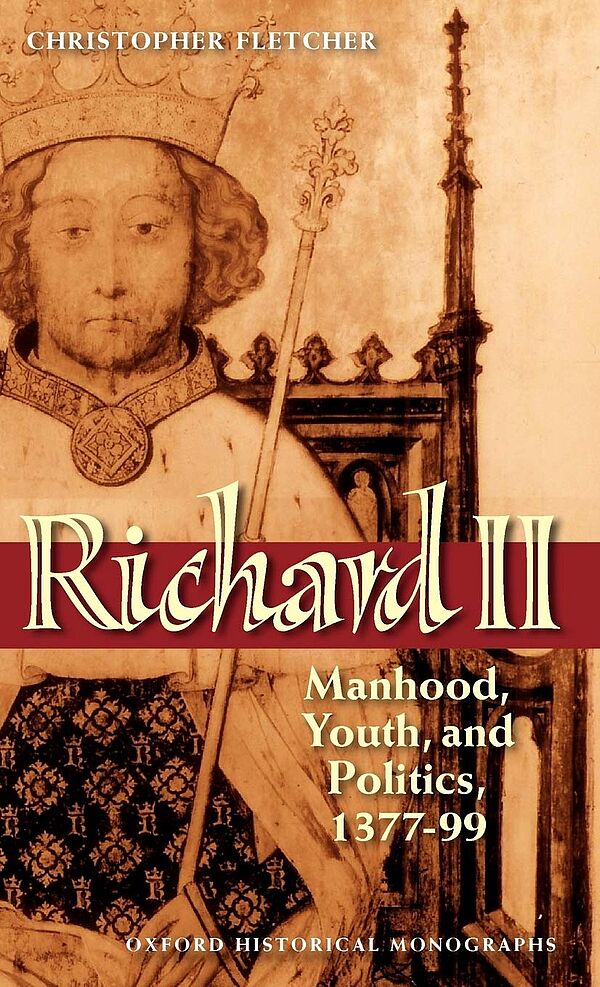
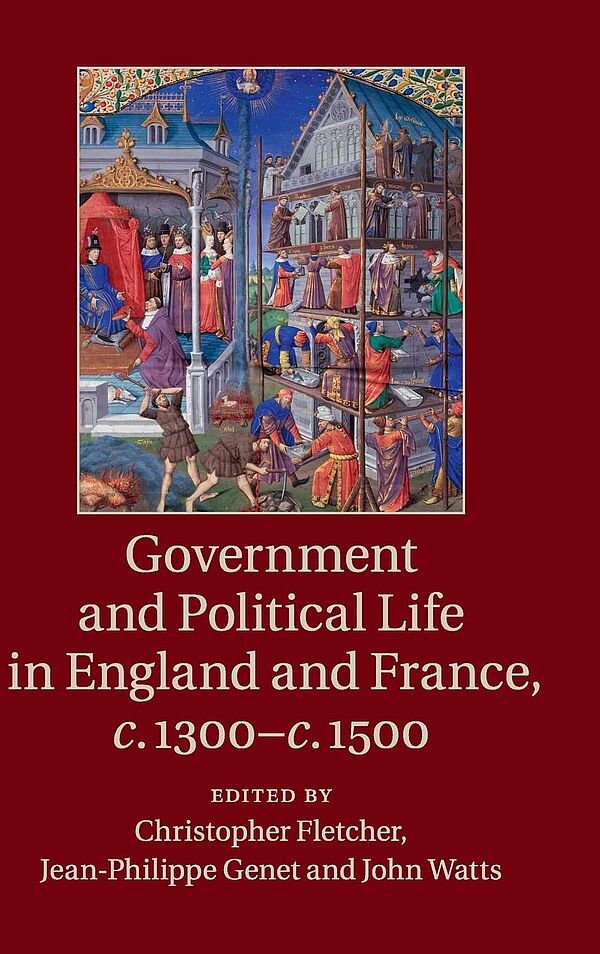
Dernières actualités
Workshops, Calls for Papers
International Postgraduate Workshop, 3-4 May 2023 (IRHiS). The Politics of the Domestic in Late Medieval Northwestern Europe
Call for Papers/AAC - Workshop "La distance à la norme" 18-19 October 2023 (deadline: 15 May)
Workshop: Work and its politicziation, 14 June 2023 (IRHiS)
IRHiS Doctoral Seminar in English (online and hybrid)
